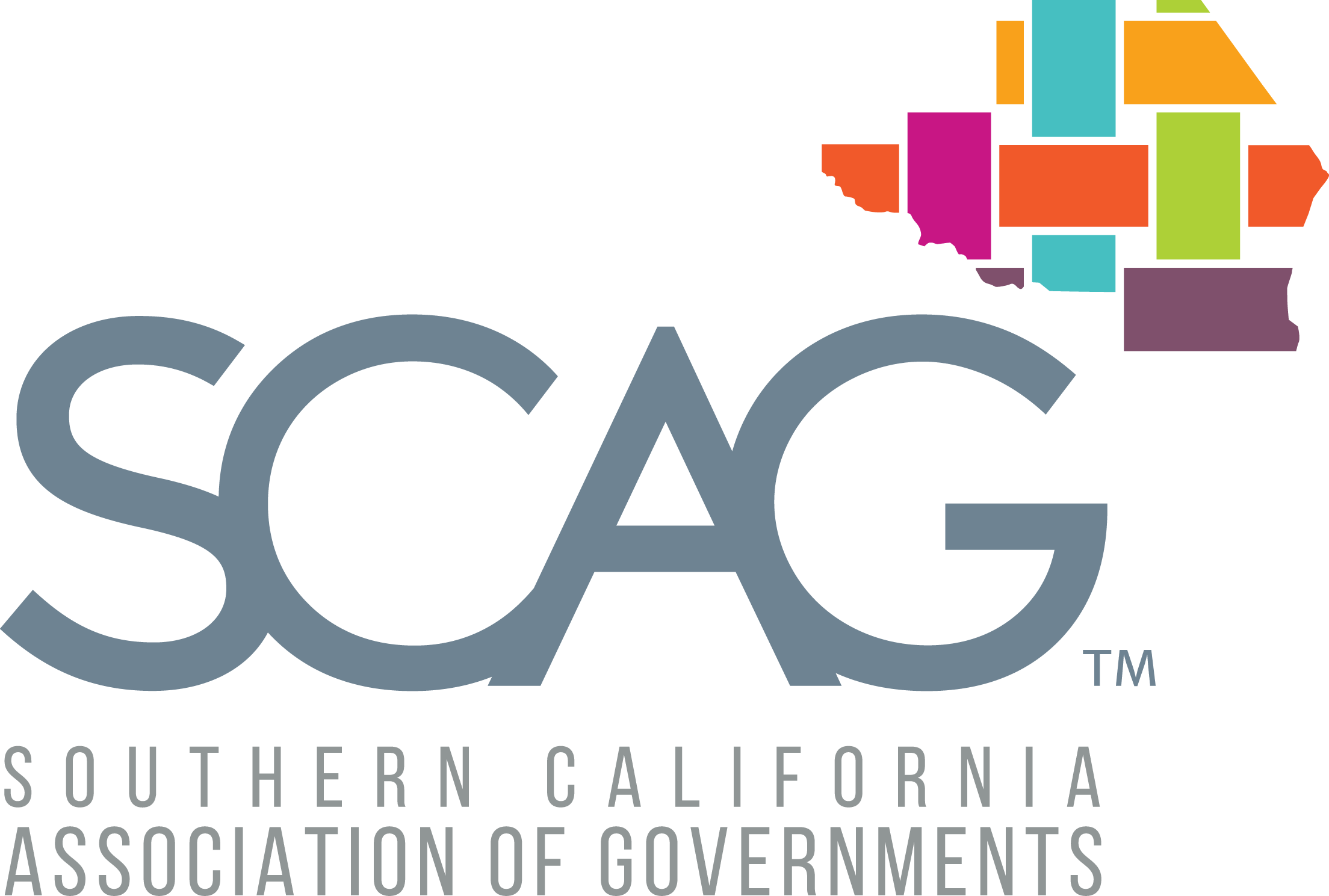Transit in Transition @ UCLA
The UCLA Arrowhead Symposium: Transit in Transition reconvened in person at UCLA on April 1, 2022 after a successful online series this past fall.
At our first in-person program sessions in 2.5 years, we highlighted the work from the UCLA Institute of Transportation Studies Public Transit Initiative and its Public Transit and Shared Mobility Recovery program. Other topics included:
On-Demand Learning
Transit in Transition @ UCLA is archived on YouTube for on-demand learning.
Each tab below includes links to verify your completion of an on-demand learning video and register your credits with the American Planning Association. A total of 4.75 hours of on-demand AICP CM credits are offered through the on-demand series. Participants who registered and attended the April 1 event should claim credits.
Sessions
Public transit moves people where they need to go. But shifts in how people live, work, and play will change these destinations. Recent changes in state housing policy and greater enforcement of existing policies will bring more new housing near transit and jobs. Substitution of remote work for commuting – and the greater decentralization of office space – are key factors driving transit demand beyond the existing fixed-route transit infrastructure that goes into serving these markets today.
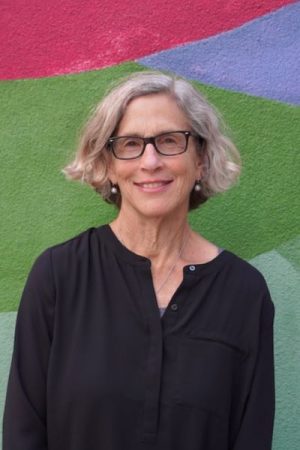
Evelyn Blumenberg
Director and Professor, UCLA Lewis CenterEvelyn Blumenberg is the Director of the Lewis Center for Regional Policy Studies and a Professor of Urban Planning at UCLA.

Michael Manville
ProfessorMichael Manville is a Professor of Urban Planning at the UCLA Luskin School of Public Affairs.

Jerry Nickelsburg
Faculty DirectorJerry Nickelsburg is the faculty director of the UCLA Anderson Forecast.

Deborah Salon
Associate Director and Associate ProfessorDeborah Salon is associate director of TOMNET University Transportation Center and associate professor of transportation planning at ASU.
On-demand AICP credits
Los Angeles has sought to reinvent its transportation system. Two years into the pandemic, six years from the Olympic Games, and after two years of rising traffic deaths: How is this reinvention faring? Will issues related to public workforce, transit demand, mobility competition, and transportation system pricing accelerate or rein in this transformation?
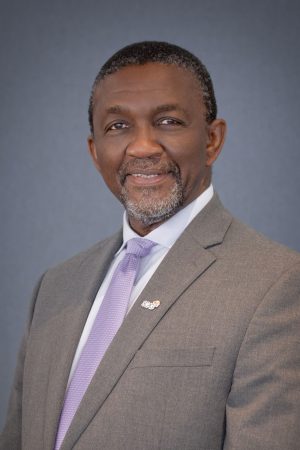
Kome Ajise
Executive DirectorKome Ajise is the executive director of the Southern California Association of Governments

Seleta Reynolds
General ManagerSeleta Reynolds is General Manager of the Los Angeles Department of Transportation (LADOT)

Brian D. Taylor
Professor, UCLA LuskinBrian D. Taylor is Professor of Urban Planning and Public Policy.

Stephanie Wiggins
CEOStephanie Wiggins is the CEO of LA Metro.
On-demand AICP credits
2022 brings a historically unique position for transit agencies — they are temporarily flush with funding. Availability of operator labor, rather than funding, is the key constraint in providing transit service for many agencies. Can state or federal policy help close the labor shortage, or are other changes needed? Do transit agencies need to consider diversifying funding sources as a contingency if federal funding for operations falls back to pre-pandemic levels?

Conan Cheung
Acting Chief Operations Officer, Bus OperationsConan Cheung is Chief Operations Officer of Bus Operations at LA Metro.
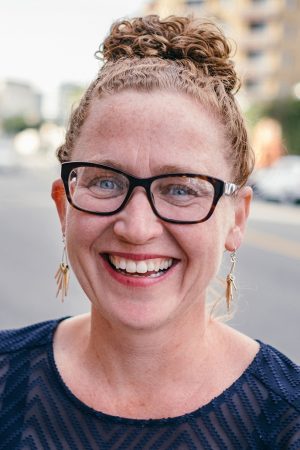
Jessica Meaney
Executive DirectorJessica Meaney is the founder and executive director of Investing in Place.

Michael Pimentel
Executive DirectorMichael Pimentel is the Executive Director of the California Transit Association.
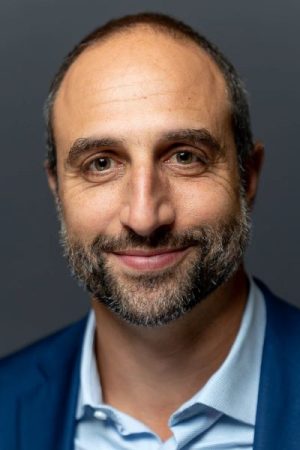
Joshua Schank
Partner, InfraStrategiesJoshua Schank is a Senior Fellow at the UCLA Institute of Transportation Studies and a Partner for InfraStrategies.
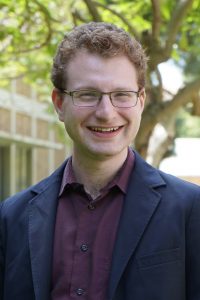
Jacob Wasserman
Research Project ManagerUCLA Institute of Transportation Studies Public Transit Program
On-demand AICP credits
In 2018, the UCLA Arrowhead Symposium considered the changing nature of transportation and new mobility services. Many of these new mobility services have evolved or withered during the multiple shocks brought by COVID: economic, health concerns, and travel activity. What do we know about these changes and what does it mean for transit’s future?

Anne Brown
Assistant ProfessorAnne Brown is an Assistant Professor in the School of Planning, Public Policy, and Management at the University of Oregon.

Harry Campbell
FounderHarry Campbell is the founder of industry-leading blog and podcast, The Rideshare Guy.

Alyssa Haerle
Director of Transit DevelopmentAlyssa Haerle is director of transit development at Circuit.

Michael Manville
ProfessorMichael Manville is a Professor of Urban Planning at the UCLA Luskin School of Public Affairs.
On-demand AICP credits
Speakers

Kome Ajise

Evelyn Blumenberg

Anne Brown

Harry Campbell

Conan Cheung

Nuria Fernandez

Alyssa Haerle

Michael Manville

Jessica Meaney

Jerry Nickelsburg

Michael Pimentel

Seleta Reynolds

Deborah Salon

Joshua Schank

Susan Shaheen

Brian D. Taylor

Jacob Wasserman













